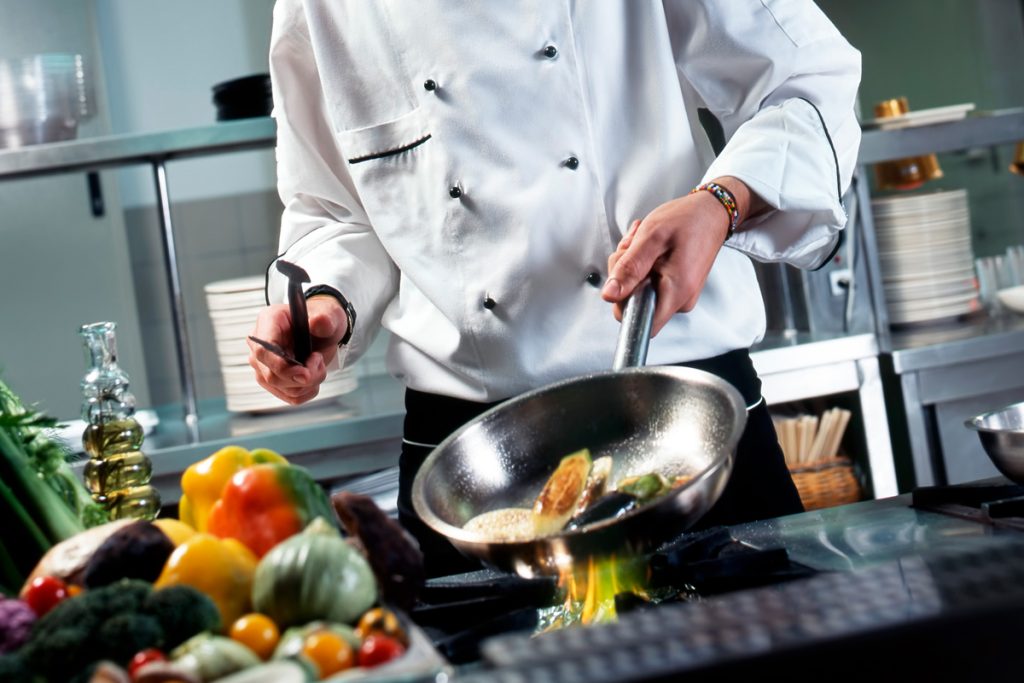Dubai is renowned for its cultural diversity, highlighting the best from diversed cuisines around the world, making it a new destination for those seeking an excellent culinary experience.
From the latest Dubai Gastronomy Industry Report in 2024, presented by Dubai Economy and Tourism (DET), there are approximately 13,000 restaurants and cafés serving international cuisines, offering everything from local Middle Eastern dishes to Asian street food and European fine dining.
Adding to this, 62 per cent of surveyed UAE residents expressed their satisfaction in Dubai’s varied gastronomy scene. In this dynamic and highly competitive mix, authenticity has become the crucial factor for a restaurant’s success, setting it apart from the rest of the market.
Why authenticity matters
Authenticity in cuisine is more than just a trend; it serves as a bridge connecting people to a culture’s essence. Especially for a place like Dubai, a city made up of people from all over the world, an authentic taste can offer a genuine connection to the culture behind the dish. Diners do not simply seek food, they are ‘hungry’ for an immersive journey that introduces them to unfamiliar traditions and flavours.
Restaurants that prioritise traditional taste and techniques provide more than just a meal – they guide the customer through a journey to the roots of a particular cuisine, to the heart of distant, rich cultures and histories.
Embrace cultural heritage
Authenticity helps restaurants preserve their cultural identity and distinctiveness. Growing up in a particular culture, the chefs become familiar with a unique way of cooking, observing grandmothers, mothers or other mentors in the kitchen for years. Tips and tricks such as knowing whether to add some heavy cream into the carbonara or add some black vinegar for a true Chinese touch are often taught across generations.
These small details are crucial, especially in a globalised landscape, food can become homogenised, losing its unique characteristics. Authentic restaurants play an important role in keeping traditions alive by using traditional cooking methods and even specific ingredients that tell a deeper story.

Taking Vietnamese Noodle Soup Pho as an example, its distinctive flavour relies on three essential elements – slow-cooked beef bone broth, fragrant spices such as star anise, cinnamon and cardamom, and fresh rice noodles. While recipes may vary regionally, these core components are indispensable for authentic Pho.
However, when the dish travels around the world, it is often modified or simplified to cater to local taste or to account for a scarcity of particular ingredients. The result is a significant difference between true, traditional recipes that stay authentic to its roots and other adapted versions. Only authentic versions provide diners with a genuine taste of Vietnam’s culinary traditions and history, sparking interest and respect for the culture.
Give the people what they want
Although Dubai’s food lovers are eager to explore unfamiliar flavours, they have a discerning eye for what’s genuine with the high expectation in quality and authenticity in their culinary experience. According to the UAE Foreign Affairs department, there are more than 200 nationalities living and working in the UAE. Moreover, Dubai was named as one of the top 10 destinations for food tourism in the world.
With a city full of experienced travellers and residents who have tasted authentic dishes in their native countries, offering an imitation version is not the optimal strategy. Diners are quick to spot discrepancies, and restaurants that don’t meet expectations may struggle with repeat business and word-of-mouth recommendations.
On the other side of the coin, authentic restaurants also tend to forge deeper connections with their patrons. Customers often seek places where they can trust the quality and origins of what they are eating, whether it’s an authentic Indian curry, a proper Italian pasta, or a true Middle Eastern mezze. This trust and consistency fosters brand loyalty, bringing diners back for the genuine flavours they crave.

Authenticity, a trump card to build a successful business
In a city that ranks second globally for restaurant density and culinary variety, as reported by DET, authenticity isn’t just culturally significant – it’s a business strategy. Restaurants that are known for their genuine approach often have a distinct competitive advantage over their competitors. Being recognised as an authentic restaurant builds credibility, positive reviews, and strong return customer rate – all of which contribute to long-term business growth.
In a melting pot of cuisines such as Dubai, where new dining spots pop up frequently, authenticity helps restaurants to stand out. It differentiates them from the competitors and builds a loyal patron base willing to pay a premium for a genuine experience. An authentic reputation often leads to media attention, influencer partnerships, and customer loyalty that extends beyond just a single visit.










